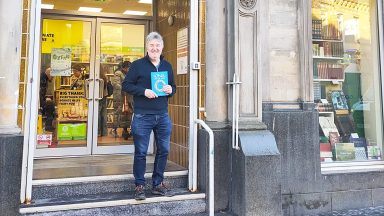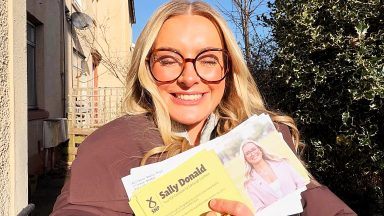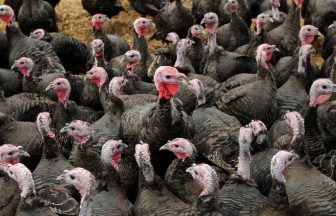New rules for bars and their landlords will increase choice for consumers and give a fairer deal to publicans, the MSP spearheading the legislation has said.
A bill aimed at allowing more freedom for pub landlords is set to be introduced at the Scottish Parliament next week.
The Tied Pubs (Scotland) Act was passed unanimously by MSPs in 2021 after being proposed by Scottish Labour MSP Neil Bibby and backed by the Scottish Government.
Under the current arrangements, some pubs are owned by a brewery or drinks brand, with a number required to only buy beer and other goods from the owner, although some landlords are able to pay less than market rent on their pub as a result.
The legislation will free up tenants to be able to sell guest beers from smaller producers or move to a market rate lease that allows other suppliers.
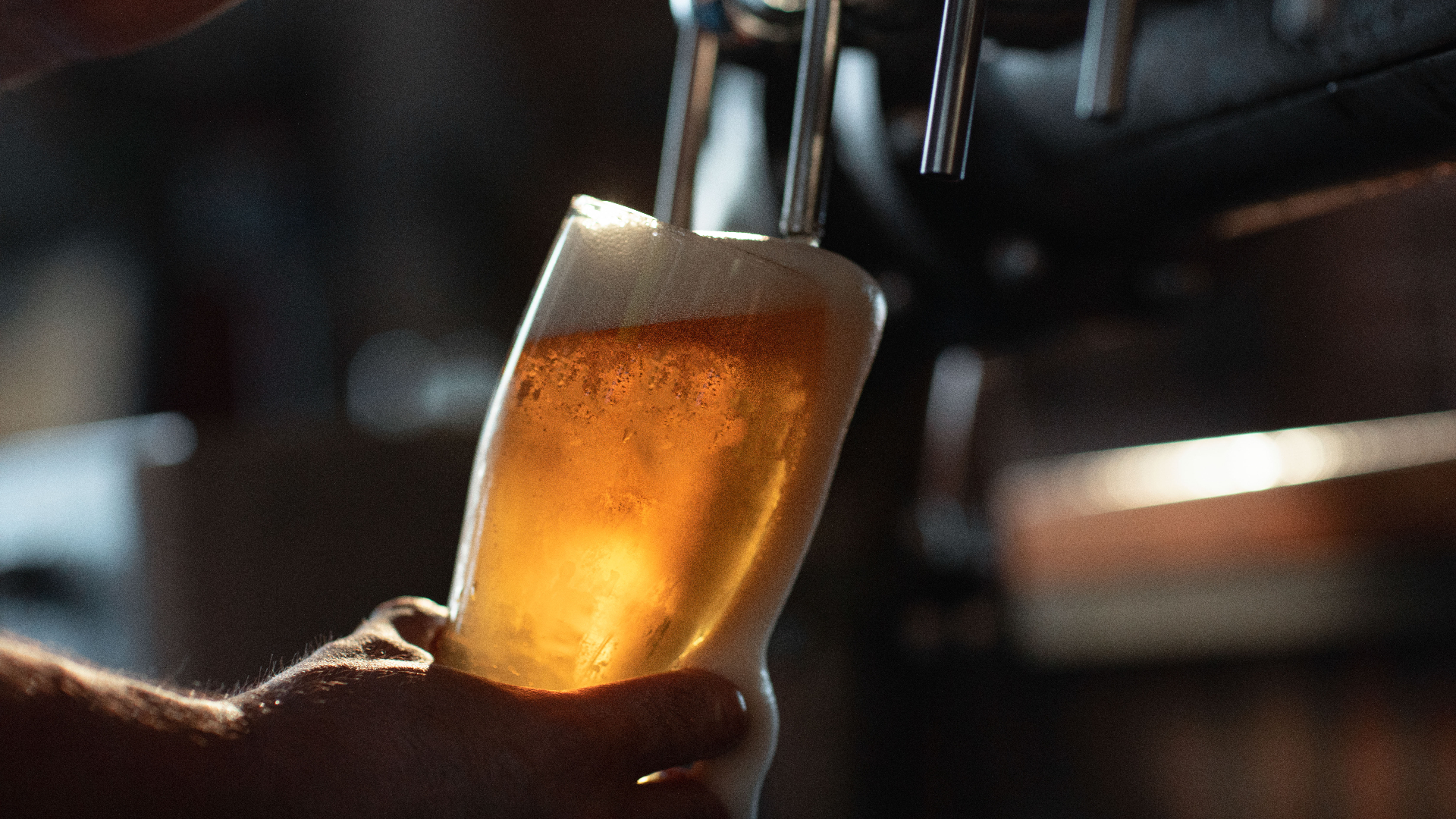 iStock
iStockA statutory code will be enforced by an independent adjudicator who is set to be appointed next month.
If voted through, the new rules would come into force in October.
The announcement has been welcomed by smaller producers but has seen backlash from some large companies.
The bill was originally passed in 2021 but has been delayed due to legal challenges by three pub-owning firms: Greene King, Punch Taverns and Hawthorn Leisure Limited, attempting to seek a judicial review.
The Court of Session ruled against the application in 2022 and declined an appeal in July last year.
Bibby, the Scottish Labour MSP who brought forward the bill, said it would benefit pub-goers and publicans alike.
He told STV News: “The essence of the bill is giving tied pubs in Scotland greater rights and protections with large pub companies.
“These pubs are paying overinflated prices compared to if they were able to buy it on the open market.”
Bibby said the bill would allow more beers in Scottish pubs under a tied agreement, giving consumers “greater choice as a result”.
“There’s a guest beer right in the bill and that’s aimed at supporting small Scottish beers,” he said.
“It will definitely allow Scottish publicans greater fairness, it will allow greater choice for consumers and it will help jobs in the beer industry.
“In terms of price, the beer tie model is really unfair to pubs so the ability of them to have a fairer deal will help sustain local pubs.
“And if it’s a fairer deal for publicans it’s likely to be a fairer deal for consumers.”
The Campaign for Real Ale agreed, saying the bill will make it easier for pubs to sell locally sourced alcohol.
“These new protections in law are vital so tied tenants can make a long-term success of their pubs and shape the unique character of their businesses to become an integral part of their community,” the group said.
The Scottish Licensed Trade Association, which represents independent licensees, said the bill will give publicans in Scotland the same protections as those in England, where similar rules have been in effect since 2016.
But the group said it was “disappointed” it has taken three years for the legislation to come to fruition.
“Scottish tied pub tenants cannot afford any further delay, and we urge the Scottish Government to accelerate implementation,” they said.
‘It’s fixing a problem that doesn’t exist’
A spokesperson for the Scottish Beer and Pub Association said the new rules are a “major disappointment” for the sector.
“The code is seeking to fix a problem that doesn’t exist and will come with added costs and complexity at an extremely challenging economic time for Scotland’s pubs,” they said.
“The prospect of a code has already stifled investment into the leased and tenanted sector north of the border and unfortunately this news is unlikely to reverse that.
“In 2023, pubs in Scotland closed at twice the rate of England, the sector – which supports around 45,000 jobs – needs positive action from the Government, not further unwanted, unevidenced and unwarranted interventions.
“We will, of course, work proactively with the Scottish Government and the wider sector to try and minimise the negative impacts and deliver a workable code.”
Follow STV News on WhatsApp
Scan the QR code on your mobile device for all the latest news from around the country


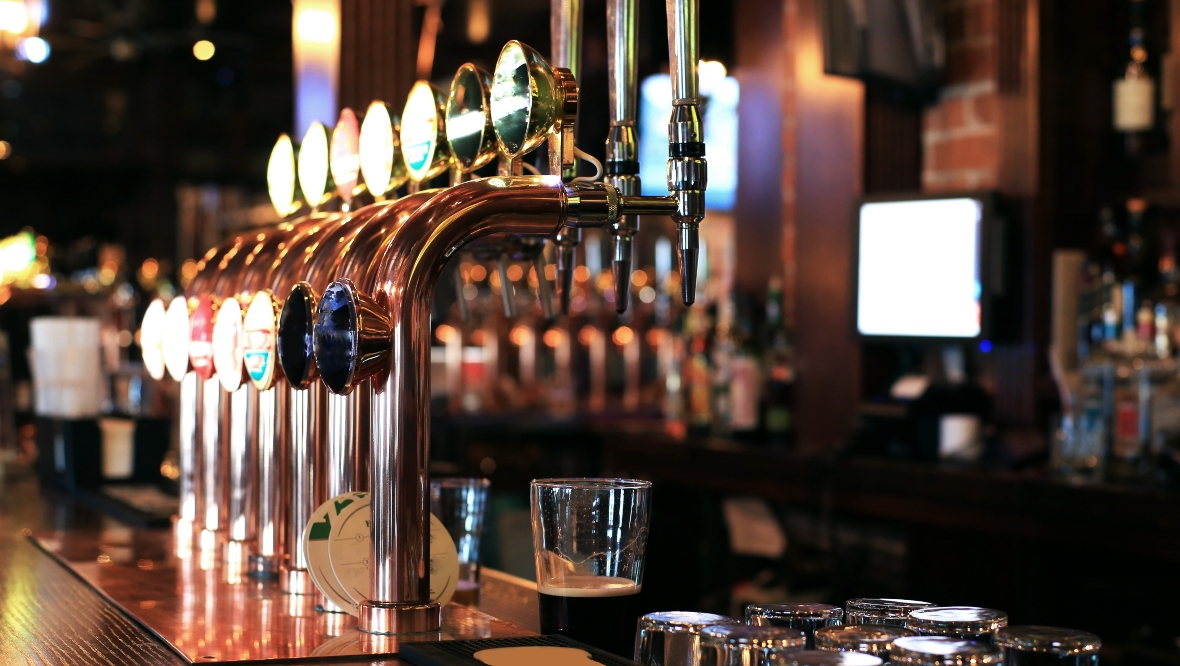 iStock
iStock











